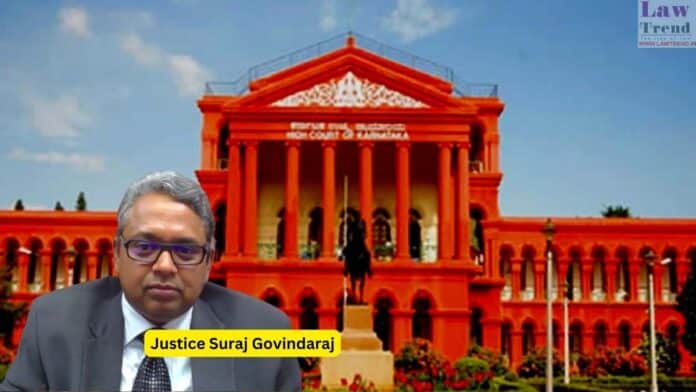The Karnataka High Court, Kalaburagi Bench, recently dismissed a writ petition (WP No. 202681 of 2024) filed by Vishwanath S/o Basappa Baati, an agriculturist from Kolhar, challenging an interim injunction order. The judgment, delivered by Justice Suraj Govindaraj on September 30, 2024, clarified the legal recourse available for challenging interim orders passed by civil courts.
To Read More Please Subscribe to VIP Membership for Unlimited Access to All the Articles, Download Available Copies of Judgments/Order, Acess to Central/State Bare Acts, Advertisement Free Content, Access to More than 4000 Legal Drafts( Readymade Editable Formats of Suits, Petitions, Writs, Legal Notices, Divorce Petitions, 138 Notices, Bail Applications etc.) in Hindi and English.




